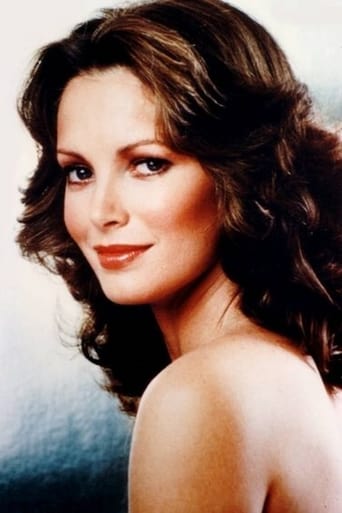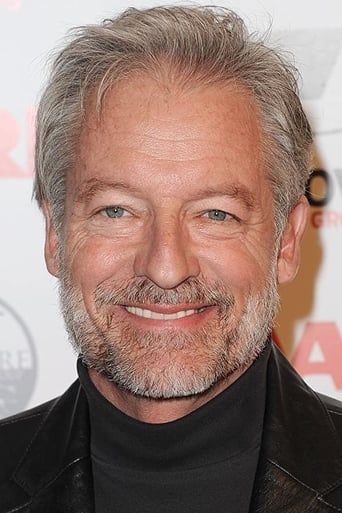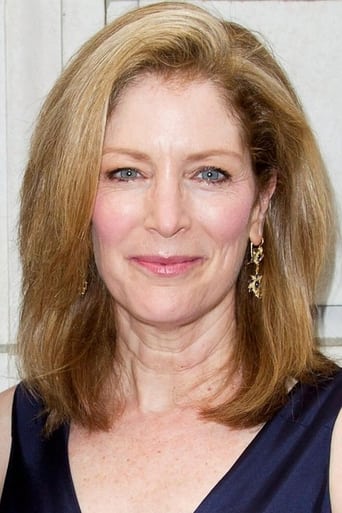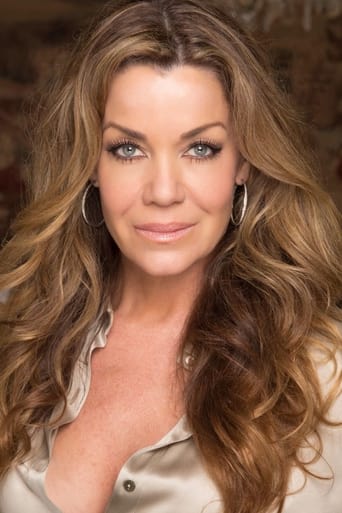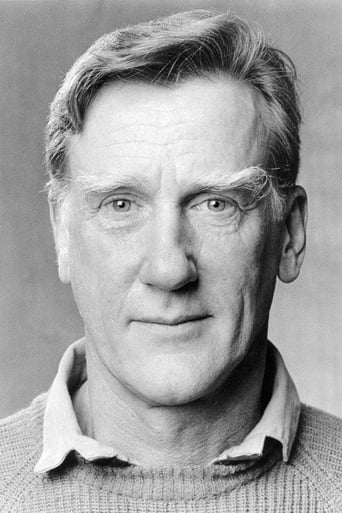Glucedee
It's hard to see any effort in the film. There's no comedy to speak of, no real drama and, worst of all.
rsoonsa
As introduction to this picture, the author of the novel upon which it is based, Danielle Steel, or perhaps an android in her stead, explains in brief the general subject of the work that we are about to see, a formulaic piece composed in about equal parts of female angst and fantasy, akin to the soap opera genre that is her speciality, and to obtain which millions of devotees have shelled out many more millions of dollars for the privilege of reading her committee concocted books, now numbered by the score. The elaborate and melodramatic plot relates of three sisters who, due to the murder/suicide of their parents, are allocated to three separate foster homes and know nothing of each others' whereabouts until, after more than thirty years a family friend, entertainment attorney Arthur Patterson (Donald Moffat), the party responsible for their foster placement, hires a private investigator, John Chapman (Perry King) to locate them and bring about their reunion. Chapman is quite dissimilar from such literary gumshoes as Raymond Chandler's Philip Marlowe, the latter's seven-year-old Pontiac and seedy second story office being far removed from Steel's sartorially perfect sleuth (who becomes a P.I. directly from law school?!) driving to and from his sumptuous high-rise suite in a new Mercedes convertible, but John nonetheless locates the estranged trio and, after becoming beau to the eldest, Hilary (Jaclyn Smith), arranges the sibling gathering that will reveal those hidden familial secrets governing the plot's climax. As might be expected within the Land of Steel, the three have achieved validated status, Hilary being a major television network executive, a second a wealthy socialite, and the youngest a physician, while we observe through flashbacks what occurred to cause their family's dissolution, and are made aware that atonement for past failings of a principal character is a decisive element of a narrative that is unfortunately rather mild and stereotypical. Manifestly made for television, including orchestral crescendos signaling each planned commercial break fadeout, the film is advantaged with an adequate budget and enjoys glossy production values along with sincere efforts from most of the players - King, Patricia Kalember and Ben Lemon each is a standout - offsetting a typically monochromic performance by Smith, and although blocking is not of the best, editing is crisp and one must recognize the accomplished cinematography of Laszlo George and the always appropriate interiors organized by Malcolm Middleton and by Jacques Bradette.
